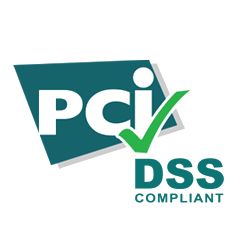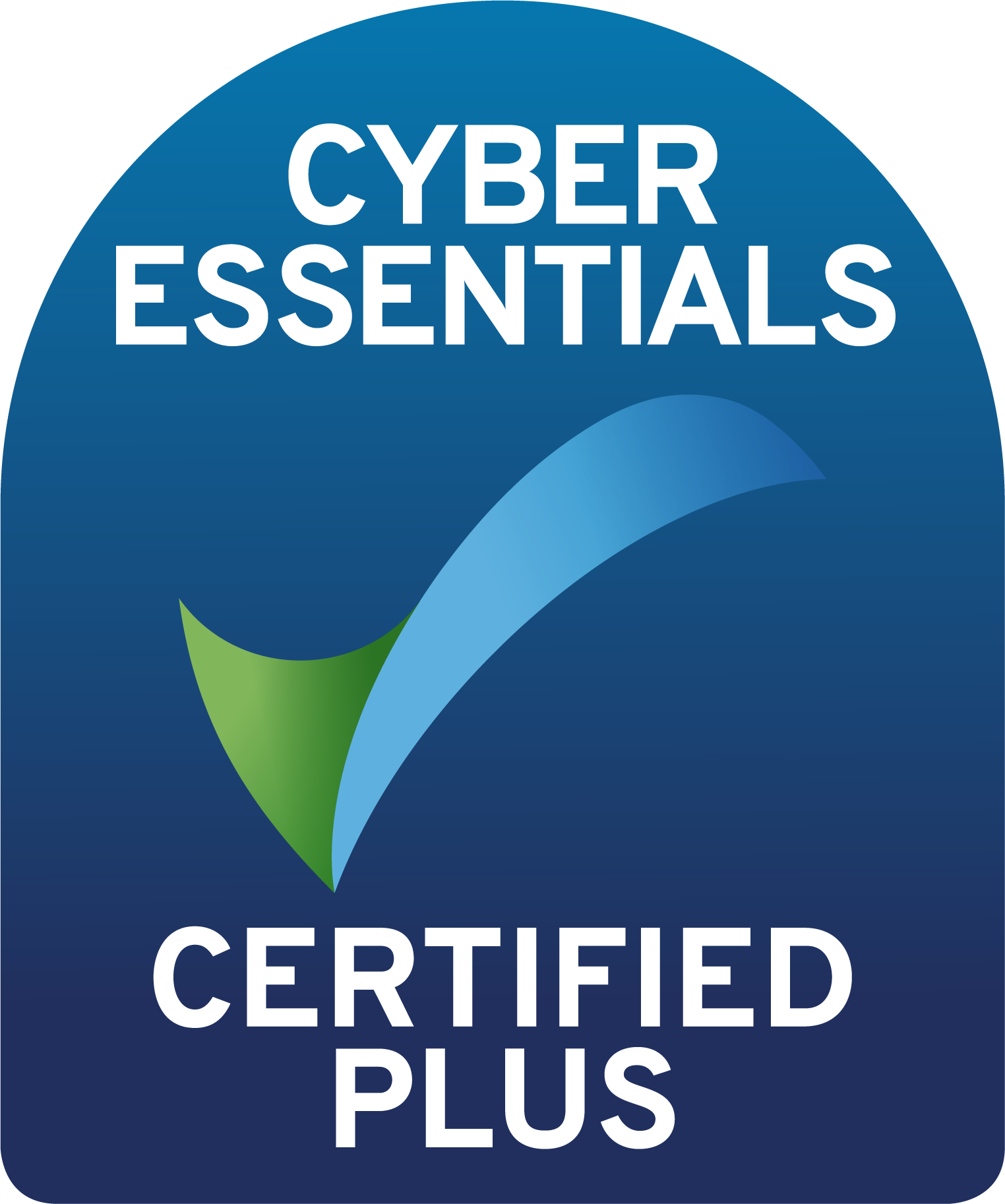
For many businesses, generating repeat revenue—through memberships, subscriptions, service contracts, or instalments—is essential. But setting up recurring payments isn’t as simple as “charge the customer every month.” There are a number of payment methods (Direct Debit, recurring card payments, and card on file), each with advantages, pitfalls, regulatory implications, and cost trade-offs.
This article explains the differences, the challenges businesses face, and why selecting a robust provider like SOTpay matters for recurring payments success.
What Are the Payment Methods
Direct Debit
A customer gives a mandate to their bank authorising a business to pull funds from their bank account on agreed dates. Amounts may be fixed or variable. It’s governed by UK rules (Bacs Direct Debit) and includes consumer protections via the Direct Debit Guarantee.
Recurring Card Payments / Continuous Payment Authorities (CPA)
The customer gives the business permission to charge their debit or credit card on a recurring basis. This can cover fixed amounts at fixed intervals, or variable amounts depending on the agreement. Cards may expire or be replaced, which introduces friction. These are not covered by the Direct Debit Guarantee.
Card on File
This means a business securely stores a customer’s card details, with authorisation to charge the card in future. It underpins many recurring payments but also allows for smoother one-off or upsell charges.
Key Benefits & Where Each Method Excels
Direct Debit
Lower cost per transaction since you avoid many of the card scheme and interchange fees.
Strong consumer trust and protections under the Direct Debit Guarantee.
Reliable income: once mandates are set up, there are fewer interruptions from expired cards.
Recurring Card Payments / Card-on-File
Flexibility in schedules, amounts, and frequency.
Faster initial payment, as the first transaction can usually be taken immediately.
Strong international acceptance, as card networks are globally recognised.
Main Problems & Risks
While recurring payments are powerful, there are pitfalls businesses must manage.
Payment failures
Cards expire, get blocked, or reach limits. Recurring card failure rates are higher.
Direct Debits can fail due to insufficient funds or dormancy of mandates, but tend to be more stable.
Processing delays and cash flow
Direct Debit collections in the UK typically take two to three working days.
Card payments may be quicker but are still subject to settlement delays.
Cost & fee structures
Card payments often incur a higher percentage fee, plus fixed fees and potential chargeback costs.
Direct Debit usually offers lower transaction costs, but may involve setup and mandate management fees.
Regulatory / Customer Protection
Direct Debit includes the Direct Debit Guarantee, offering customers the right to refunds if a payment is taken incorrectly.
Recurring card payments and card-on-file agreements provide less protection, so businesses must ensure clear authorisation.
Customer experience & transparency
Hidden or unclear recurring charges frustrate customers and harm trust.
Cancelling recurring card payments may be harder, as customers sometimes need to contact both the merchant and their card issuer.
Compliance & Data Security
Storing card details requires strict PCI DSS compliance and secure storage practices.
Direct Debit mandates must be handled correctly, with advance notification for variable payments.
When to Pick Which Method
Cost-focused businesses: Direct Debit works best for predictable payments like memberships, subscriptions, or utility bills.
Speed and flexibility: Recurring card payments are ideal where customers expect immediate service or international coverage.
Hybrid approach: Many businesses benefit from offering both — Direct Debit for predictable, lower-cost payments, and cards for flexibility or where Direct Debit isn’t available.
Card on File: More Detail
How it works
A customer provides their card details and authorises future charges. The merchant stores these securely (often using tokenisation). When a payment is due, the merchant charges the card automatically.
Use cases
Subscriptions and memberships.
Repeat orders such as food delivery or ride-sharing.
One-off charges like no-show fees or add-ons.
Benefits
Convenience for customers — faster checkout and fewer steps.
Improved conversion and retention.
Efficiency for merchants, reducing friction in ongoing payments.
Risks
Higher failure rates when cards expire or are replaced.
Need for high standards of PCI DSS compliance.
Customer frustration if communication and cancellation processes are unclear.
Mitigating the Issues
To make recurring payments work effectively, businesses should:
Use tokenisation or secure vault services for storing card data.
Send reminders or notifications before variable payments.
Monitor failed payments and introduce retry processes.
Offer clear cancellation routes.
Ensure full compliance with UK standards for Direct Debit and PCI DSS for cards.
Why SOTpay is the Right Partner
SOTpay helps businesses reduce the risks and maximise the benefits of recurring payments by offering:
Multiple payment methods under one platform: Direct Debit, recurring cards, card-on-file, and pay-by-link.
Built-in security and PCI DSS compliance, with tokenisation options for card storage.
Tools to minimise failure rates, including reminders and card-updating solutions.
Transparent costs and optimised routing to save money.
Better customer experiences, with faster setup and smoother journeys.
FAQs
What is a Continuous Payment Authority (CPA)?
It’s a recurring card payment agreement where a business can charge a card at agreed intervals. Unlike Direct Debit, it doesn’t come with the same refund protections.
Can I cancel a recurring payment?
Yes. Direct Debits can be cancelled with your bank or the business. Recurring card payments can be cancelled with the business or card issuer.
Which is cheaper: Direct Debit or recurring card payments?
Direct Debit is usually cheaper for high volumes, as it avoids card scheme fees. Card payments often cost more but provide more flexibility.
Does storing a card on file present risk?
Yes. You must be PCI DSS compliant and use secure tokenisation. Done correctly, it’s safe and convenient.
Why do recurring payments fail?
Cards can expire, be blocked, or replaced. Direct Debits usually fail due to insufficient funds. Both can be managed with the right provider and retry logic.
Recurring payments should boost your revenue, not create problems. If your business faces high failure rates, compliance headaches, or costly fees, it’s time for a change.
Book a free SOTpay demo today and see how our Direct Debit, recurring card, and card-on-file solutions can help you save money and improve customer trust.









